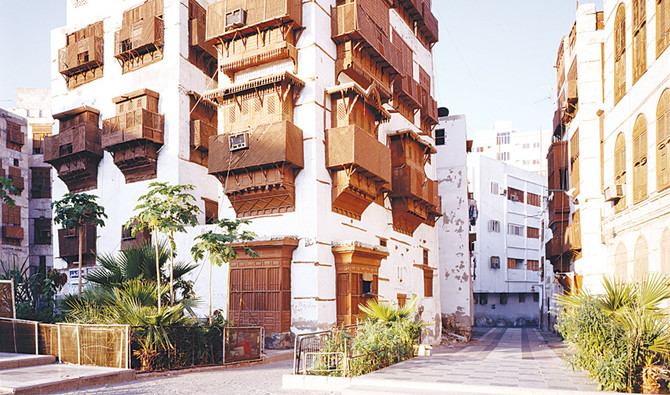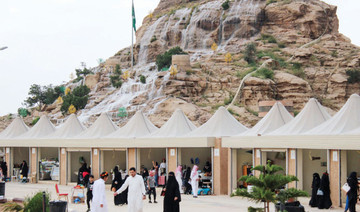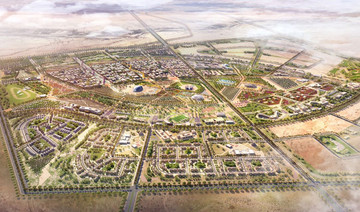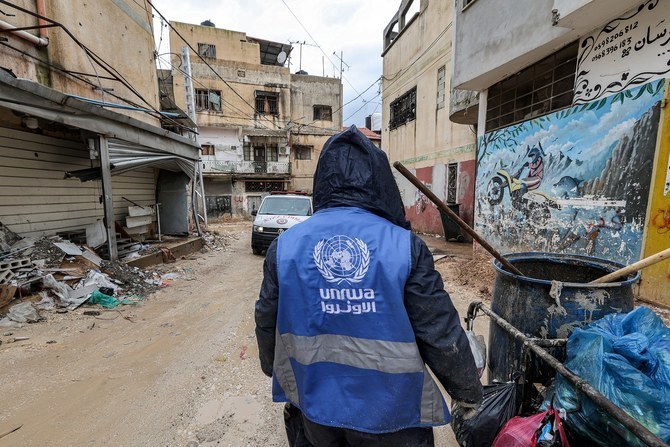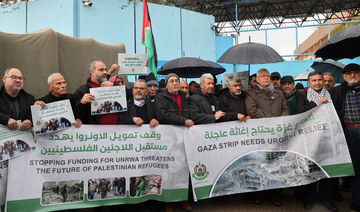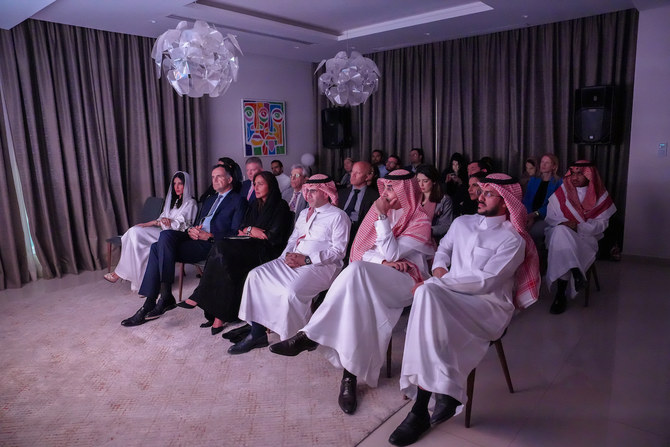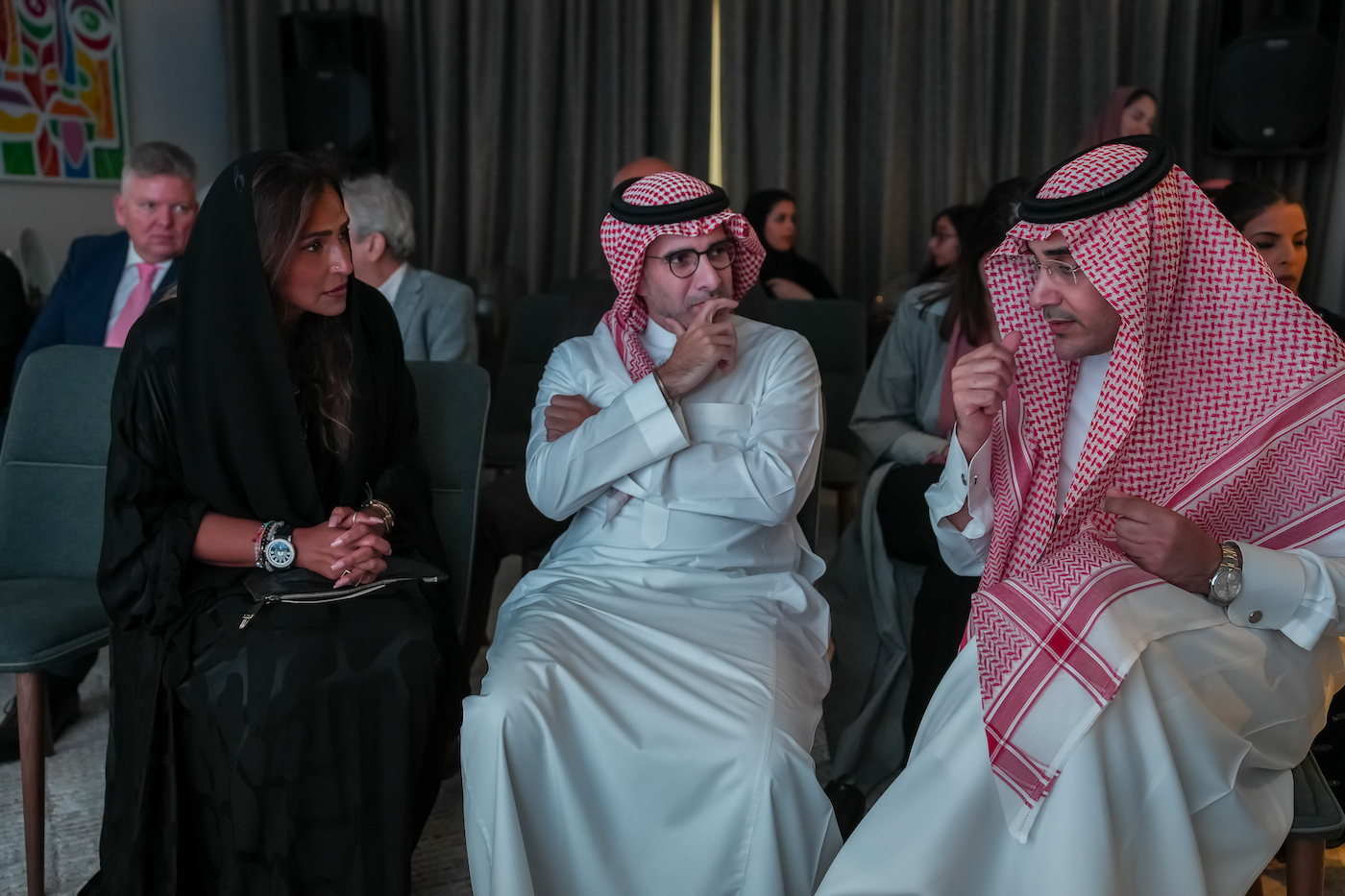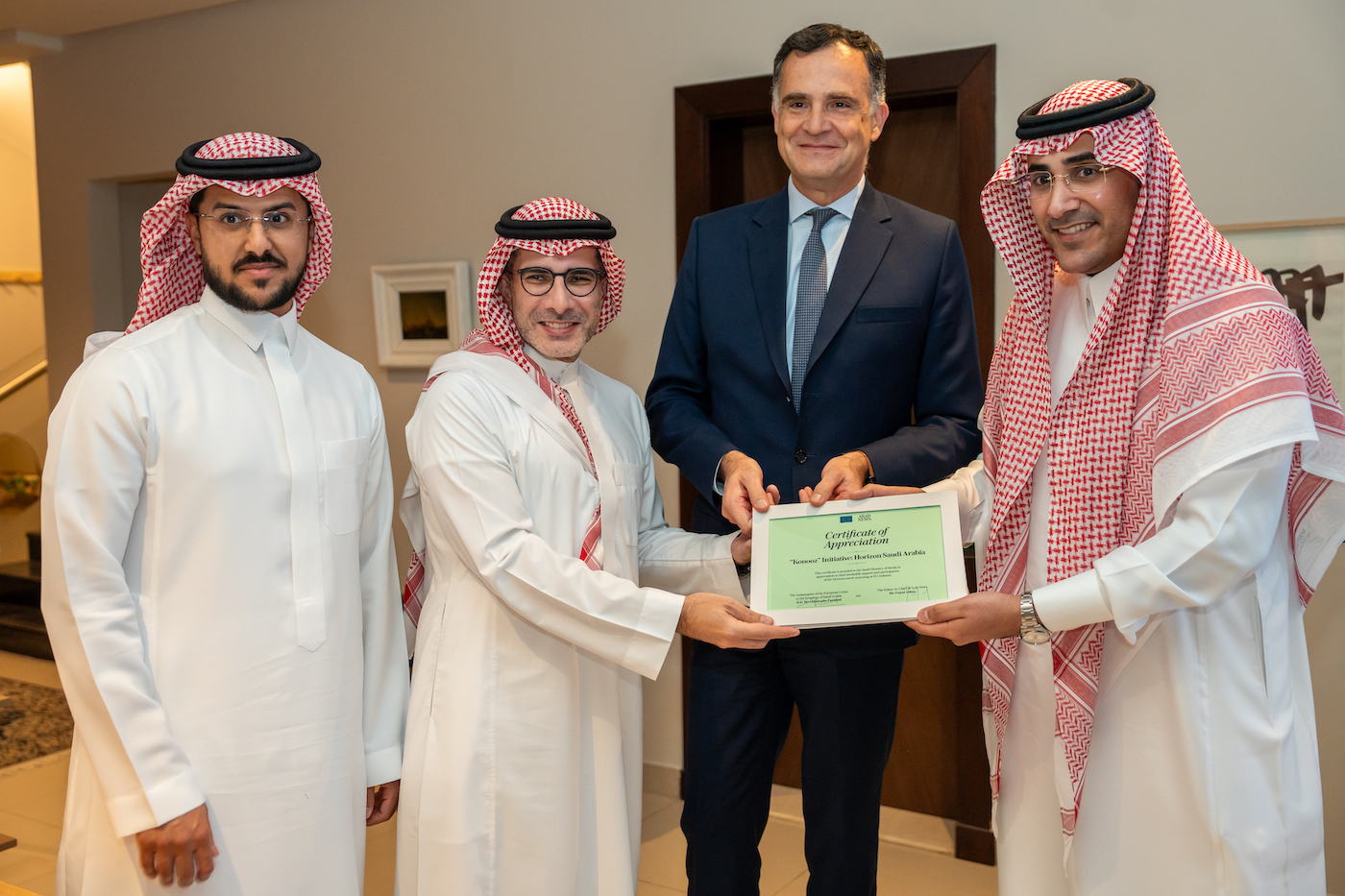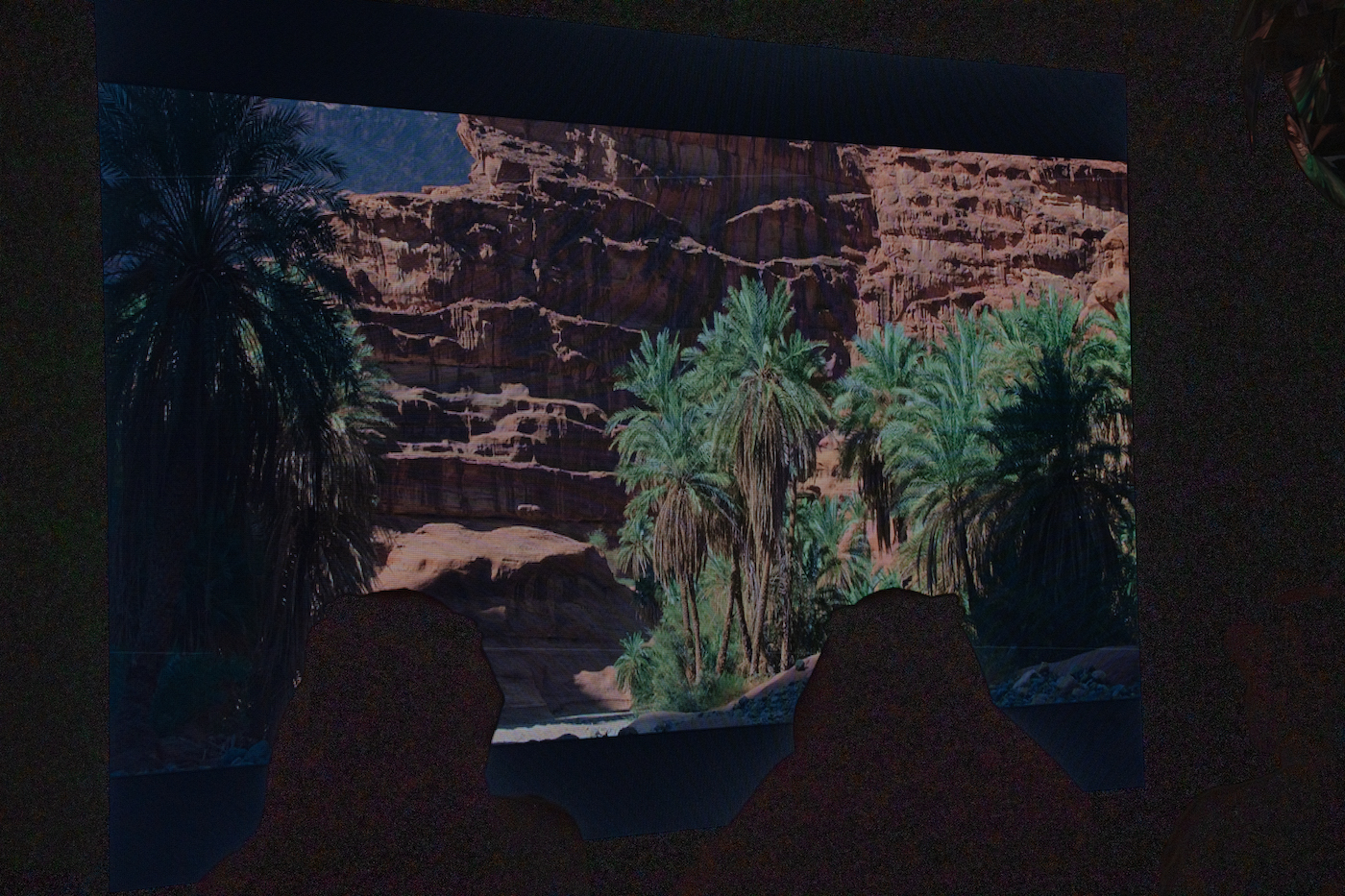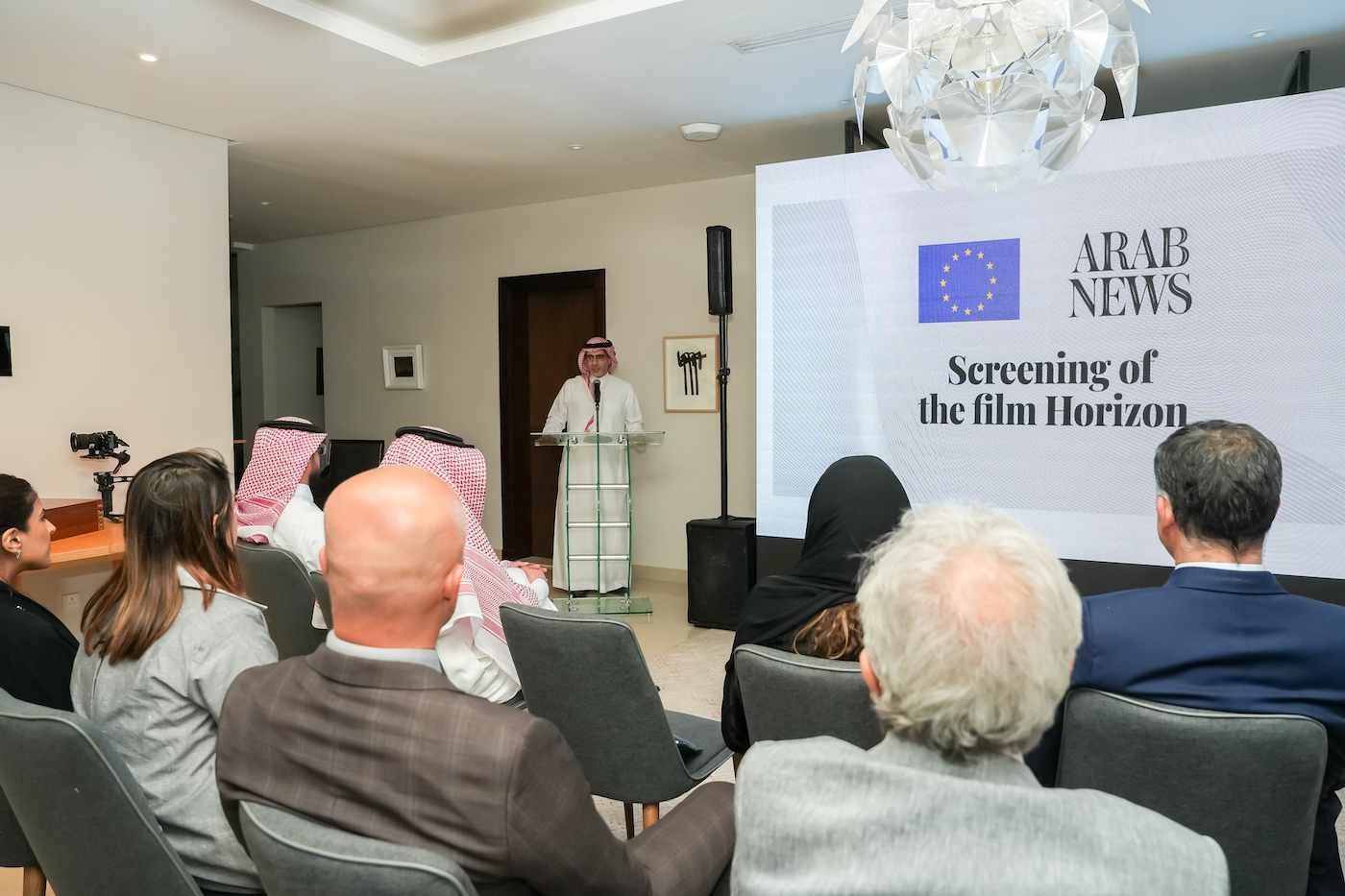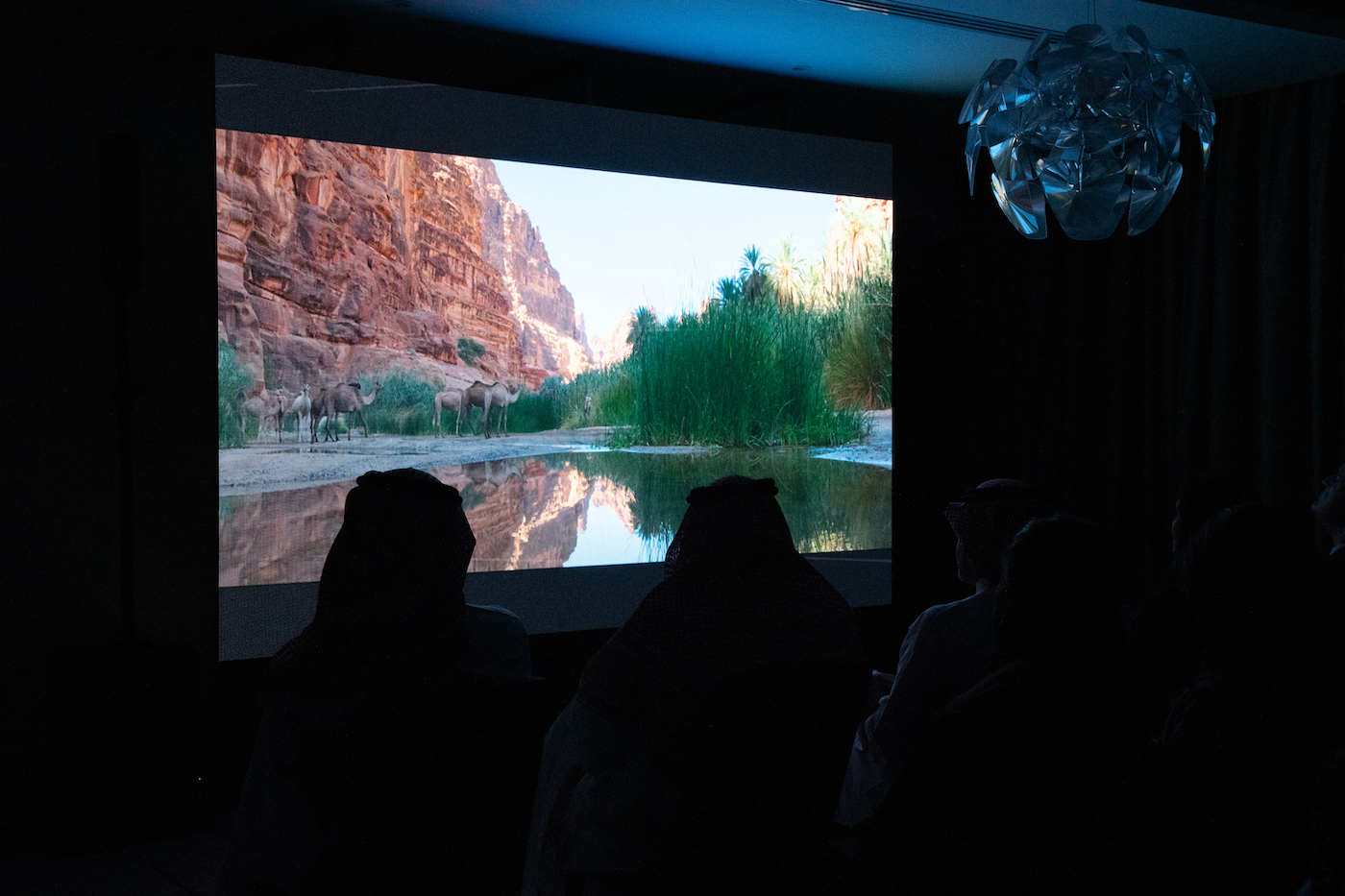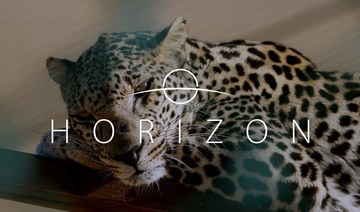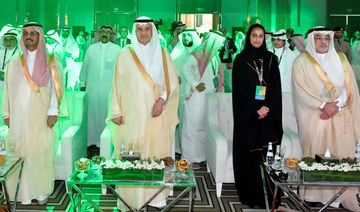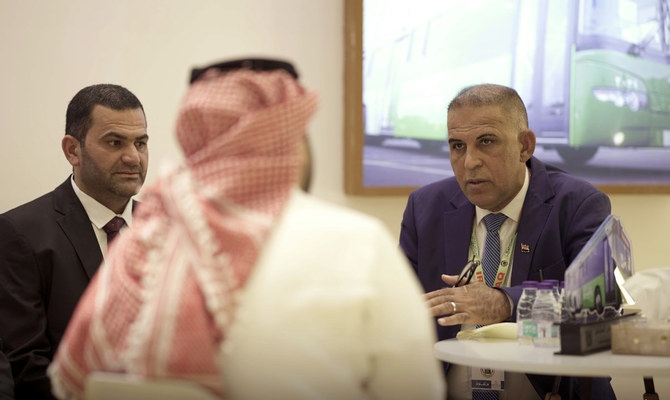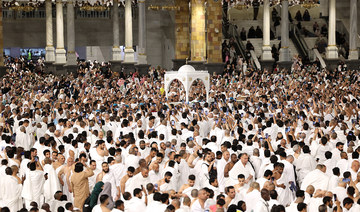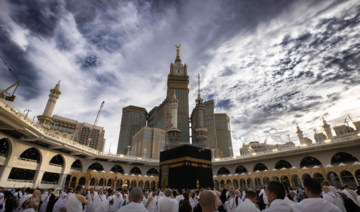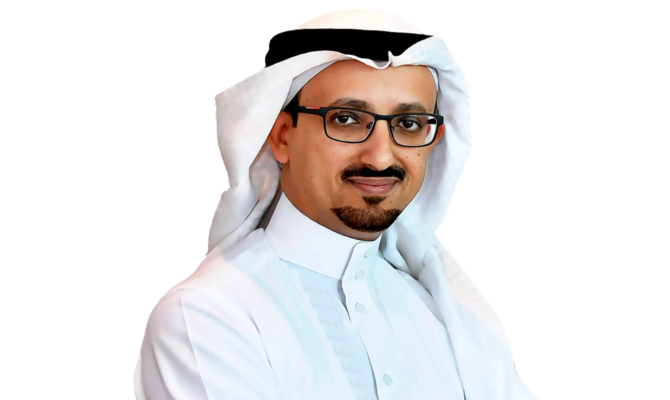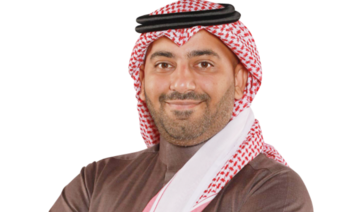BEIRUT: Samir Saddi is not your ordinary 68-year-old Lebanese man. The Beirut-born architect has made it his life’s mission to ensure the Middle East’s precious traditional architecture is preserved and restored, from Morocco all the way to Iraq and the Gulf.
“When I studied architecture a very long time ago, my focus was on researching architecture,” he said. “As a photographer, I was looking to record old buildings to understand, preserve and research architecture, and create a new one in line with the past because there are lessons of architecture we can draw from the past.”
In the late 1970s, Saddi moved to the Ivory Coast, where he spent three months crossing six countries in West Africa as a photographer, from Abidjan in the Ivory Coast to Morocco through Mali, Burkina Faso and Nigeria, to record their vernacular architecture.
“It was an amazing journey that was done for the sole purpose of photography and recording old buildings,” he said. “That was the start of my project. From then onwards, I lived in many countries in the Gulf Cooperation Council (GCC), including Saudi Arabia, Qatar, Kuwait and the UAE, and I was passionate about traditional architecture.”
In the 1990s, Saddi found himself in Canada, flicking through a book on Old Jeddah, popularly known as Al-Balad. So gripped was he that he was to live in the city for the next seven years. 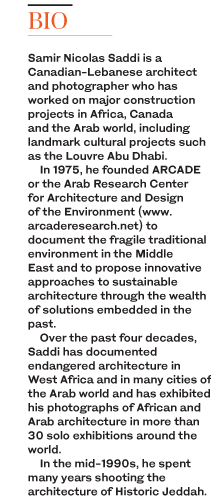
“I decided to find a job in Jeddah mainly to be close to the architecture of Old Jeddah,” Saddi explained. “At the same time, I founded the Arab Research Center for Architecture and Design of the Environment (Arcade) in Canada as a research platform to record all the vernacular architecture, as well as modern and contemporary. Traditional architecture in old countries is very fragile and, if it’s not used or maintained, it will disappear.”
Every weekend for four years, Saddi would photograph buildings, settings and residents. “The city was left no maintenance or policy of restoration or preservation,” he said. “In old cities, it is not enough to restore — you have to create facilities, inject new life and integrate new architecture. This is really what the trend is now.”
For Old Jeddah at the time, there were no such plans. In 2000, he visited UNESCO in Paris, where he talked to the Saudi ambassador about preserving the site. “That was my mission,” he said. “Old Jeddah is a small part of the city, but it’s a very important part.”
In 2000 that all changed with the formation of the Supreme Commission for Tourism, later the Saudi Commission for Tourism and National Heritage. When its mandate became the preservation of antiquities, it worked to have five sites registered as protected zones on UNESCO’s World Heritage List; Historic Jeddah received a designation in 2014.
Listed as “Historic Jeddah, the Gate to Makkah,” UNESCO noted that it was established from the 7th century AD as a major port for Indian Ocean trade routes, channeling goods to Makkah, serving as a gateway to Makkah for Muslim pilgrims who arrived by sea. UNESCO noted that these twin roles saw the city develop into a thriving multicultural center, characterized by its distinctive architecture, including tower houses built in the late 19th century by the city’s mercantile elites. It combines Red Sea coastal coral building traditions with influences from along the trade routes.
Hosting residential and commercial activities as well as mosques and charitable structures, the area has century-old economic enterprises, retail shops, traditional souks and street food vendors. “The main element here is to preserve and make sure it will keep its character while still growing and keeping it alive, not just become a museum,” Saddi said.
“In the old times, preservation meant keeping the building static for people to visit, but today, things are changing — it’s not about preserving the past but projecting the past into the future. New facilities can be created in old buildings, which might be costly to ensure they are safe, but it’s worth it as it will attract people.”
He mentioned traditional 70-year-old Saudi architecture, using local materials such as coral stone to cool down buildings through mashrabiyas, which protect against intense sunlight, and provided women with privacy.
For Saddi, these are all architectural lessons. “The big challenge in architecture today is to minimize energy use and to rely as much as possible on natural means to cool or heat a building while reducing the use of very expensive material from afar as it has a carbon footprint,” he said. “When I did an exhibition on (Old Jeddah) in Dubai in 2006, I realized how passionate people are about it because it speaks art and it’s a great example of an old city that can be modernized without losing its character.”
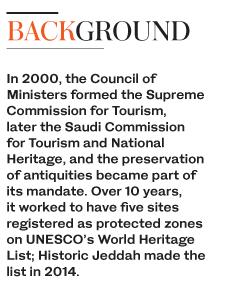 He said Western visitors to the Arab world are more interested in its heritage than its new buildings. “They want to visit the spirit and heart of these cities,” he said. “Dubai is nice, but many go to the Bastakiya Quarter (home of Dubai’s oldest building) for culture, and the same happens in Saudi Arabia and Lebanon. It’s about preserving the past and creating a new life with these old structures — in Beirut, you have Mar Mikhael, which is old but full of life now.”
He said Western visitors to the Arab world are more interested in its heritage than its new buildings. “They want to visit the spirit and heart of these cities,” he said. “Dubai is nice, but many go to the Bastakiya Quarter (home of Dubai’s oldest building) for culture, and the same happens in Saudi Arabia and Lebanon. It’s about preserving the past and creating a new life with these old structures — in Beirut, you have Mar Mikhael, which is old but full of life now.”
Saddi’s gallery boasts countless photographs of old architecture, but he believes that is not enough. “The purpose is to create research and initiate in the schools of architecture a new debate about our past and our future,” he said. “What’s happening is they bring architects from the West to design important buildings, and it removes from the Arab identity, which is a big issue. It’s about our past, our identity and avoiding clichés by copying old buildings.”
He estimated that only 20 percent of architects in the Western and Arab worlds understand the context and research traditional architecture, considering the inner building, courtyards, ventilation and the quality of space. “The rest only look at the outside image and try to make it more modern.”
With 15 years’ experience working on museums across the Arab world, he hopes to create a museum of architecture and research center to exhibit the region’s richness, and to find a sponsor for his book on Historic Jeddah.
“What’s happening today is a systematic destruction of old structures by modern development that’s occurring in many countries,” he said. “These new projects would take these amazing vernacular architectures and go deep into their meaning and their raison d’etre. There’s a lot to do: It’s the only way we can combat the absurdity of the destruction, and it is truly worth fighting for.”






